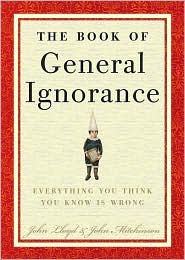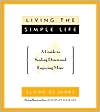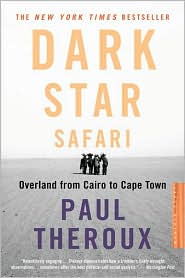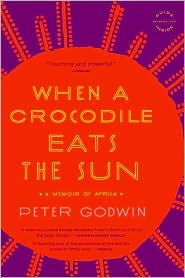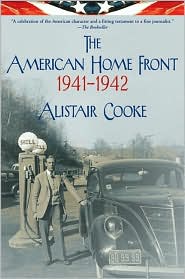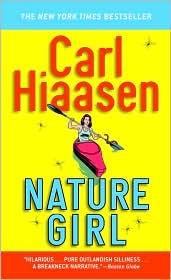 It took all of three days for me to read this book. I point that out in case the following review seems at all negative (which it will).
It took all of three days for me to read this book. I point that out in case the following review seems at all negative (which it will).I love Carl Hiaasen's work. I've read all of his adult books, to include his collections of columns and his polemic against the Disney company (which was somewhat frightening, actually), with the sole exception of Strip Tease (it's on my list; also I think I've missed one other one, Skinny Dip maybe.) I have enjoyed them all, some more than others. Nature Girl is no exception.
Nature Girl is set in the Ten Thousand Islands, near the Everglades coast south of Naples. I love the area; I've written my own essay about the area and it is frankly a natural (no pun intended... well, maybe a little) setting for fiction of all sorts. This is a good story that makes good use of the setting. But something was missing here.
I can't put my finger on what was missing. I finished the book a week and a half ago and have been trying to do so since then; but I'm tired of waiting to write this review. Part of what I like about Hiaasen is how nicely he skewers Miami, Fort Lauderdale, and the rest of South Florida. It's urban, and realistically that's what I thought was missing here. About the only "skewering" to be done of Everglades City is of the tendency of the local leadership to get involved in the drugs trade, a point made but not belabored here (it would get dull quickly). Instead the... um... quirkiness of small backwater towns is on the skewers here, and to be perfectly frank, that's been done a thousand times by a hundred people. The only special thing here is the setting, and Randy Wayne White's made a whole career out of setting crime novels in the Ten Thousand Islands. In other words... what makes Nature Girl special?
As a part of the Hiaasen library, the setting is unique. Beyond that, honestly, nothing makes it special. This is not to say that the book reads like a Doc Ford mystery (Randy Wayne Wright's protagonist) or could have been written by anyone. It bears several of Hiaasen's stylistic marks and there are familiar characters here; it's a Hiaasen novel. And like I said I enjoyed it and think it's totally worth your time to read. What really bothers me is that the last two Hiaasen novels I've read--this one and Basket Case--have both been, shall we say, subpar among his efforts. Is the well running dry? Like I said, I haven't read Skinny Dip yet, which was published just before this one, so I can't judge. It's just a feeling I have--and maybe not fair. How many books can I expect the man to write about Miami? This one at least is set in a real place (which was the problem with Basket Case and perhaps I should be happy simple that Hiaasen is branching out and will be able to continue writing novels I can enjoy reading without being stuck in the same setting all the time. Hell, the man lives part time in Montana, and what's wrong with a Montana setting? Perhaps that's coming next. It won't be Miami, but that won't make it bad.
